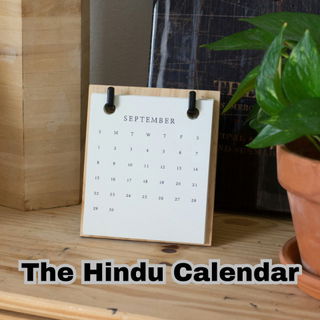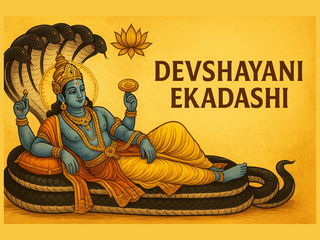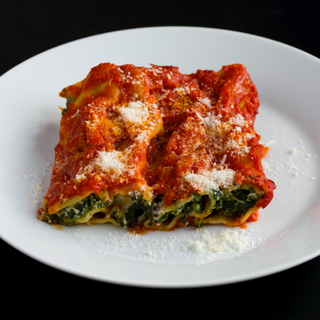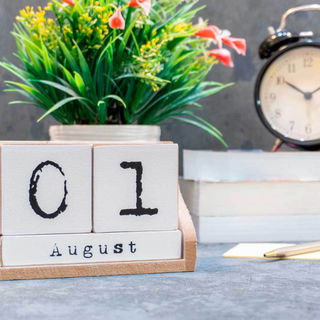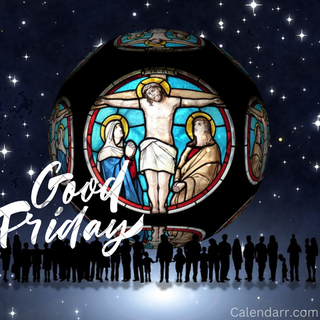- Calendar
- Calendar 2025
- August
- Janmashtami
Janmashtami
Janmashtami or Gokulashtami is observed every year usually on Ashtami or the eighth day of the Krishna Paksha in the month of Bhadrapada according to the Hindu calendar. It will be celebrated on August 26 in 2024.
This Hindu festival celebrates the birthday of Lord Krishna and is also known as Krishna Ashtami. It generally falls in August or September in the Gregorian calendar.

The Story of Janmashtami
Lord Krishna is believed to be the eighth incarnation of Lord Vishnu, who is the protector and preserver of the universe.
The story of Janmashtami is situated around the life and adventures of Lord Krishna. As per Hindu mythology, Mathura was the birthplace of Lord Krishna over 5,000 years ago.
His birth was predicted to destroy the evil reign of King Kansa, the oppressive ruler of Mathura and Krishna's maternal uncle.
The story begins with the matrimonial bond of Devaki and Vasudeva, Krishna's birth parents. It was said that Devaki's eighth child would be the downfall of Kansa and upon hearing this, Kansa imprisoned the couple.
Along with imprisoning Vasudeva and Devaki, he also took the lives of their first six children. However, when Devaki conceived her seventh child, Lord Vishnu appeared before the couple and said that he would be born as their eighth child and put an end to Kansa's evil deeds toward her. He promised to restore righteousness and peace in the kingdom.
The night of Krishna's birth was not normal, a divine atmosphere was created and the prison doors opened automatically. Vasudeva was seen carrying a newborn Krishna in a basket across the Yamuna River which was divided to create a safe passage.
On Lord Vishnu's instructions, Vasudeva took the baby to Gokul where Nanda and Yashoda, Krishna's foster parents lived.
The couple had a daughter named Yogamaya who was born around the same time as Krishna. Vasudeva replaced Yogamaya with Krishna and when he returned to the prison, the guards were still not aware of the birth.
Soon in Mathura, Kansa learned about the birth of Devaki's eighth child who was still alive. He hurried to the prison to kill the baby but Yogamaya slipped from his hands and took the form of Devi Durga and warned him about his inevitable doom.
Krishna grew up in Gokul and was loved for his mischievous yet helpful nature. As a child, everyone around him endeared him to his playful nature, magical flute-playing skills, and his fondness for butter.
His childhood stories of him stealing butter, pranking the village girls, and the well-known Raas Leela are broadly commemorated on Janmashtami.
Celebrations of Janmashtami
On the day of Janmashtami, devotees observe fasts and engage in various religious activities such as prayers, singing devotional songs, the reenactment of Krishna's birth and kirtans. The idol of Lord Krishna is often placed in a cradle, and devotees swing it gently to recreate the divine playfulness of Krishna's childhood.
Temples and homes dedicated to Lord Krishna are decorated beautifully and lavish celebrations take place.
One of the significant rituals of Krishna Ashtami is the midnight celebration, as it is believed that Lord Krishna was born at midnight.
People gather in temples or homes to await the birth of Lord Krishna. At the stroke of midnight, the birth of Lord Krishna is celebrated with great enthusiasm and joy.
Everyone breaks their fast by participating in a special feast called "bhog," which includes various delicacies and sweets.
Another major ritual of Janmashtami is called "Dahi Handi" where a pot full of curd is hung at a considerable height from the ground and several groups go around the city to form human pyramids to break the pot.
This is the representation of Krishna's mischievous nature who stole butter from the pots in the houses of Gopis.
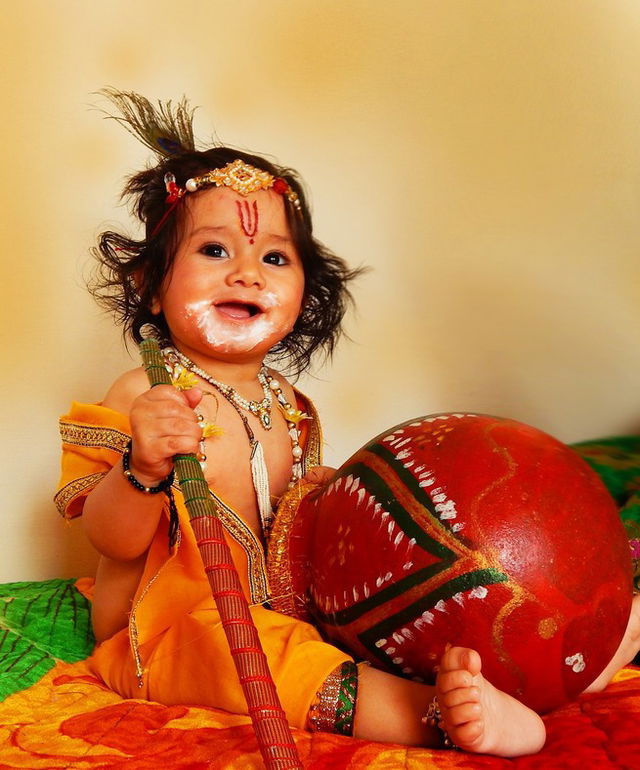
Janmashtami is celebrated by Hindu communities across the globe. This festival symbolizes the triumph of good over evil, the power of divinity, and the significance of devotion and truth in one's life.
The festival unites people in prayer, celebration, and a deep sense of spiritual faith in Lord Krishna.
Significance of Janmashtami
For the worshipers and followers of Lord Krishna or Lord Vishnu, Janmashtami holds a great place in their hearts. Lord Krishna is the epitome of wisdom, justice, and divine love, and his teachings, as said in the sacred Bhagavad Gita, inspire millions of people to date.
The festival reminds us of his teachings and the importance of walking on a path of devotion and selflessness.
It serves as an opportunity for people to reflect on their spiritual journey and ask for Lord Krishna's blessings while following his principles.
The festivities create a profound sense of unity, faith, and devotion among the devotees, bringing them together beyond any boundaries and connecting them through their shared love for Lord Krishna.
The Regional and Cultural Differences of Janmashtami
In various regions of India, Janmashtami is celebrated with distinct regional and cultural customs. Several states and areas organize processions and reenactments of his life are organized to commemorate the occasion.
In Gujarat, the "Rasleela" dance-drama portrays Krishna's love for Radha and the Gopis. Maharashtra's highlight is the "Dahi Handi" competition where teams aim to break a suspended pot. Mathura and Vrindavan, Krishna's birthplaces, host grand processions and enactments. These celebrations showcase India's diverse cultural tapestry.
Read Next
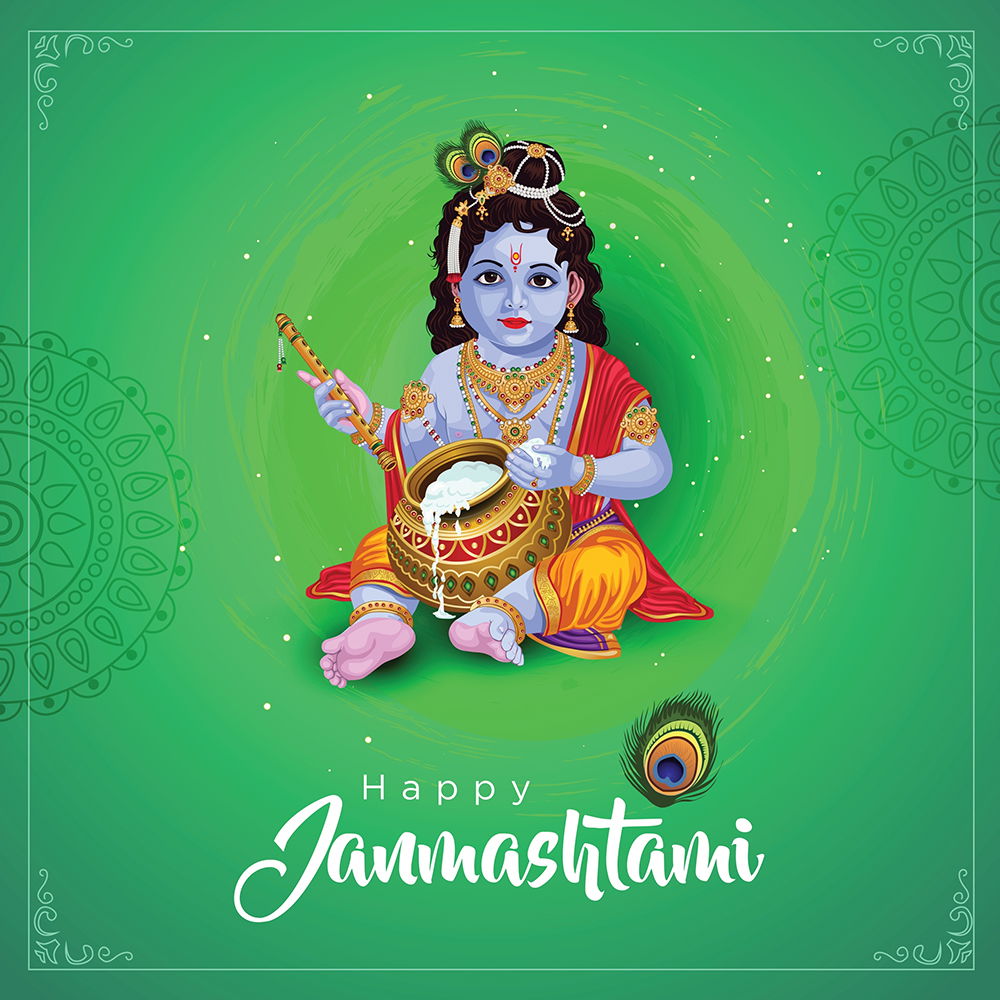
Other Celebrations
-
Aug 09 Sat
-
Oct 21 Tue
-
Oct 21 TueDiwali Holiday
-
Mar 03 Tue

Janmashtami - Next years
Friday, 04 September 2026
Wednesday, 25 August 2027
Sunday, 13 August 2028


